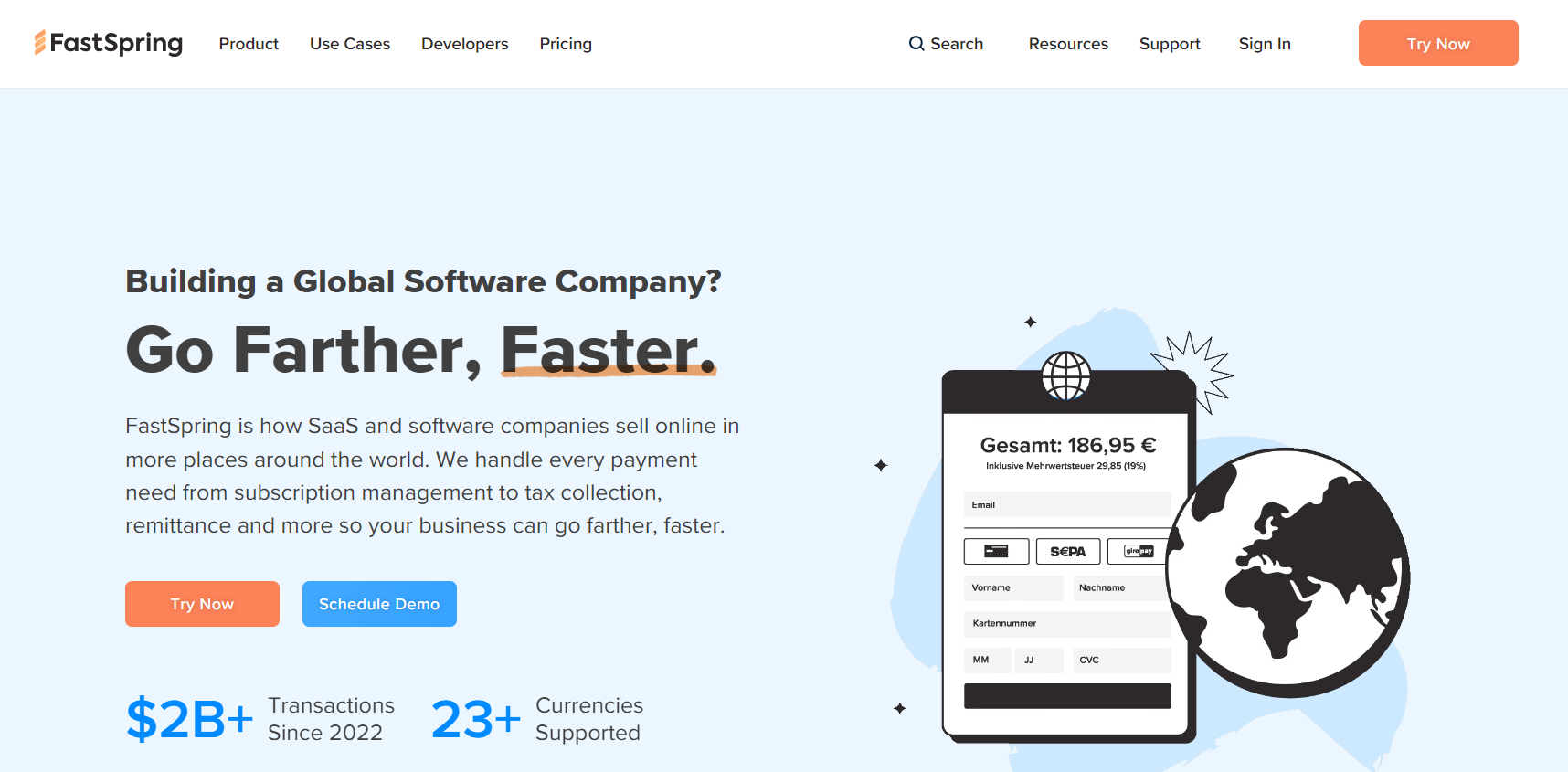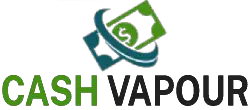If you’ve come across a puzzling charge on your bank statement labeled as “FSPRG.COM” and are unsure about its origin, you’re not alone.
Many people encounter similar charges and find themselves wondering what it is and if it’s legitimate. In this article, we’ll demystify the FSPRG.COM and FastSpring charge and shed light on its true nature, helping you understand and manage it effectively.
What Are the FastSpring or FSPRG.Com Bank Charges?
FastSpring, abbreviated as “FSPRG.COM” on your bank statement, is not a random or obscure entity. On the contrary, it is a reputable company based in Santa Barbara, CA, and plays a crucial role as a billing record partner for numerous merchants and businesses worldwide.
Acting as an authorized reseller, FastSpring facilitates seamless and secure credit card transactions for a wide array of digital products, software, and services.

As a result, when you make a purchase from a merchant who has partnered with FastSpring for their payment processing needs, you may see the charge reflected on your bank statement as “FSPRG.COM.”
The appearance of “FSPRG.COM” might cause momentary confusion, especially if you don’t immediately recognize the name. However, there’s no cause for concern as this designation simply indicates that FastSpring acted as an intermediary for the specific transaction.
You may not have directly ordered anything from FastSpring itself, but rather, you acquired a product or service from one of their many clients. These clients span a wide range of industries, offering subscription-based services and digital goods to customers like yourself.
Explore the details behind Infinite Loop on your bank statement to ensure a clear and accurate financial record.
How Do the FastSpring Charges Look Like?
FastSpring charges may appear on your bank statement in various formats, depending on the specific merchant and transaction details.
Here is a bulleted list of possible transaction entries that you might encounter:
- FSPRG.COM
- FSPRG*MerchantName
- FS*MerchantName
- FSPRG*MerchantLocation
- FASTSPRING.COM
- FS*CompanyName
- FSPRG.UK
- FSPRG*SoftwareProduct
- FS*SoftwareProduct
- FSPRG*SubscriptionService
- FS*SubscriptionService
- FSPRG*DigitalProduct
- FS*DigitalProduct
- FSPRG*OnlineService
- FS*OnlineService
- FSPRG*EventTicket
- FS*EventTicket
- FSPRG*DownloadableContent
- FS*DownloadableContent
These entries might be accompanied by the corresponding transaction amounts and dates, providing you with a comprehensive overview of your purchases facilitated through FastSpring.
It’s important to note that the actual appearance of the charges can vary, and you may encounter different combinations of abbreviations and merchant names, but all will be related to transactions processed by FastSpring on behalf of their clients.
Familiarizing yourself with these possible entries can help you identify your purchases accurately and manage your financial records effectively.
Learn more about the implications of “Harland Services” on your bank statement and understand its nature.
How to Prevent Unauthorized FastSpring Bank Charges
Before we delve into preventive measures, let’s briefly understand the role of FastSpring in your bank charges. FastSpring is a legitimate billing partner that processes credit card transactions for numerous merchants, offering digital products, software, and services.
As a customer, you may encounter charges labeled “FastSpring” or “FSPRG.COM” on your bank statement when you make purchases from their client base.
While these charges are generally legitimate, it’s essential to be vigilant about unauthorized transactions that may occasionally occur.
1. Monitoring Your Bank Statements Regularly

One of the most crucial steps in preventing unauthorized FastSpring bank charges is to monitor your bank statements regularly. Set aside time each month to review your transactions in detail.
Look for any unfamiliar charges labeled as “FSPRG.COM” or variations like “FSPRGMerchantName” or “FSProductName.” If you spot any suspicious entries, take prompt action to investigate and address them.
2. Keeping Your Payment Information Secure
To reduce the risk of unauthorized charges, it’s vital to keep your payment information secure. Avoid sharing your credit card details on unsecured websites or with unknown vendors.
Ensure that the websites you make purchases from have secure SSL certificates (look for “https://” in the URL) and reputable payment gateways. Be cautious when providing your card information over the phone and double-check the legitimacy of the caller.
3. Enabling Two-Factor Authentication
Whenever possible, enable two-factor authentication for your online payment accounts. Two-factor authentication adds an extra layer of security by requiring a secondary verification method, such as a one-time code sent to your mobile device or email, in addition to your password.
This added security measure can thwart unauthorized access to your payment accounts.
4. Use Virtual Credit Cards
Consider using virtual credit cards or digital wallets for online transactions. Virtual credit cards allow you to generate a unique credit card number for each online purchase, adding an extra level of security.
If any unauthorized charges occur, you can easily trace them back to a specific virtual card, keeping your primary credit card information safe.
5. Contacting FastSpring for Verification
If you come across a charge that you cannot identify, you can fill in the “Question a Charge” form on the FastSpring website to find out the exact merchant responsible for the charge.
This direct communication with FastSpring can help clarify any doubts about the legitimacy of a transaction.
6. Promptly Reporting Unauthorized Charges
In the unfortunate event that you encounter an unauthorized FastSpring charge or any suspicious activity, immediately contact your bank to report the issue.
Most banks have protocols in place to handle such situations and can assist you in resolving the matter and protecting your funds.
7. Staying Informed about Scams and Phishing
Educate yourself about common scams and phishing attempts aimed at stealing payment information. Be cautious when clicking on links in emails or text messages, especially those claiming to be from financial institutions or payment processors.
Legitimate companies like FastSpring would not request sensitive information through unsolicited messages.
Understanding Unknown FastSpring and FSPRG.COM Charges
“FSPRG.COM” on your bank statement is simply an abbreviation for FastSpring, an authentic and reliable billing partner working with numerous merchants.
Understanding the nature of this charge can help you navigate your financial statements with confidence and clarity.
Discover the origin and significance of “Google Supercell” on your bank statement to gain insights into this charge.
